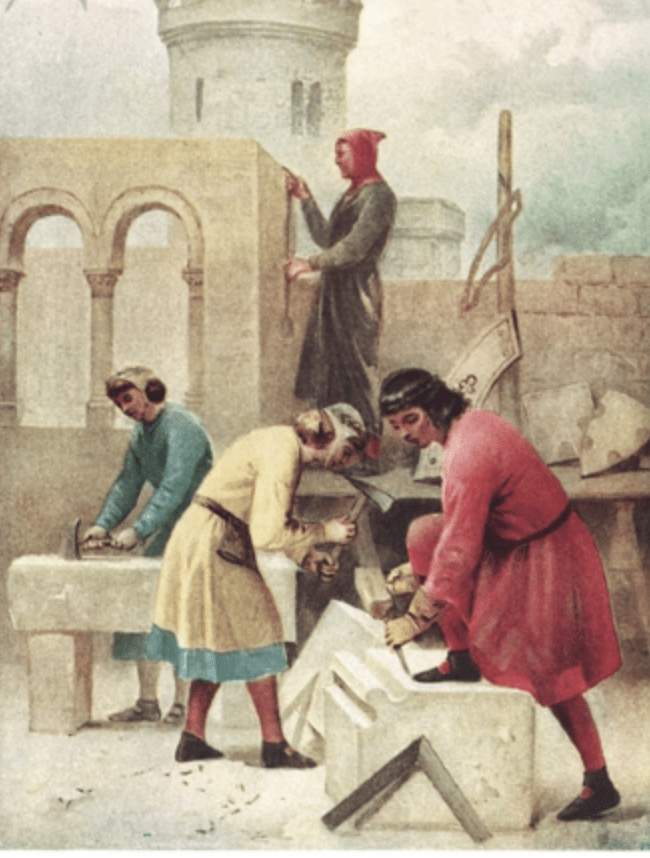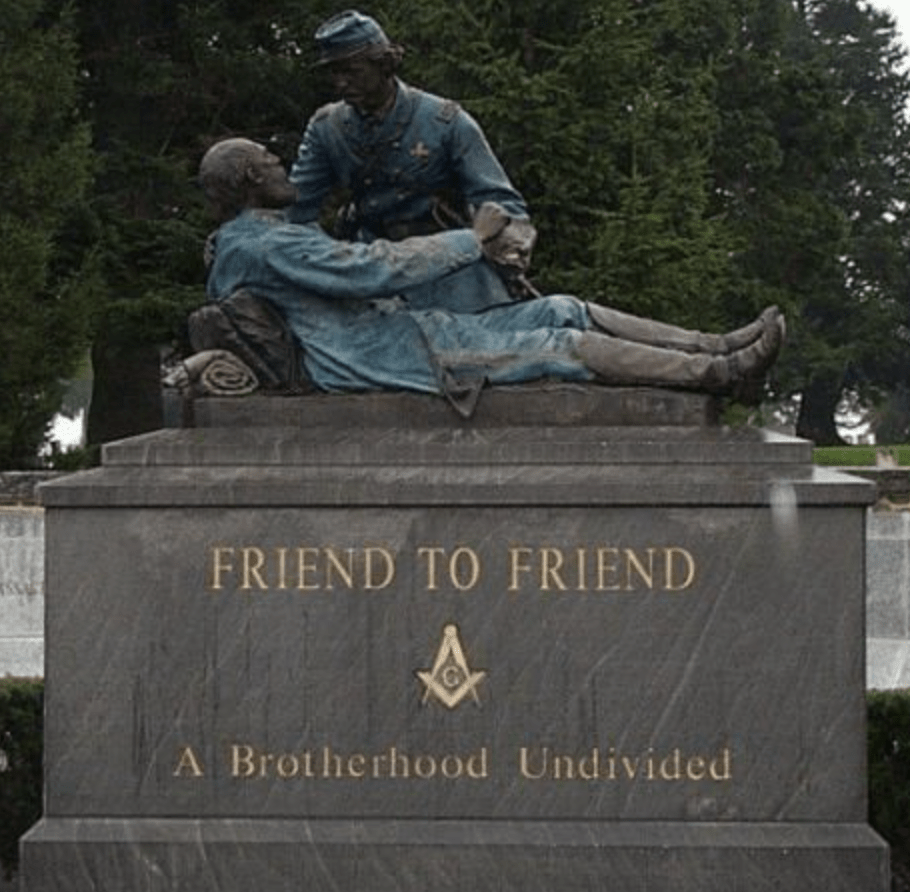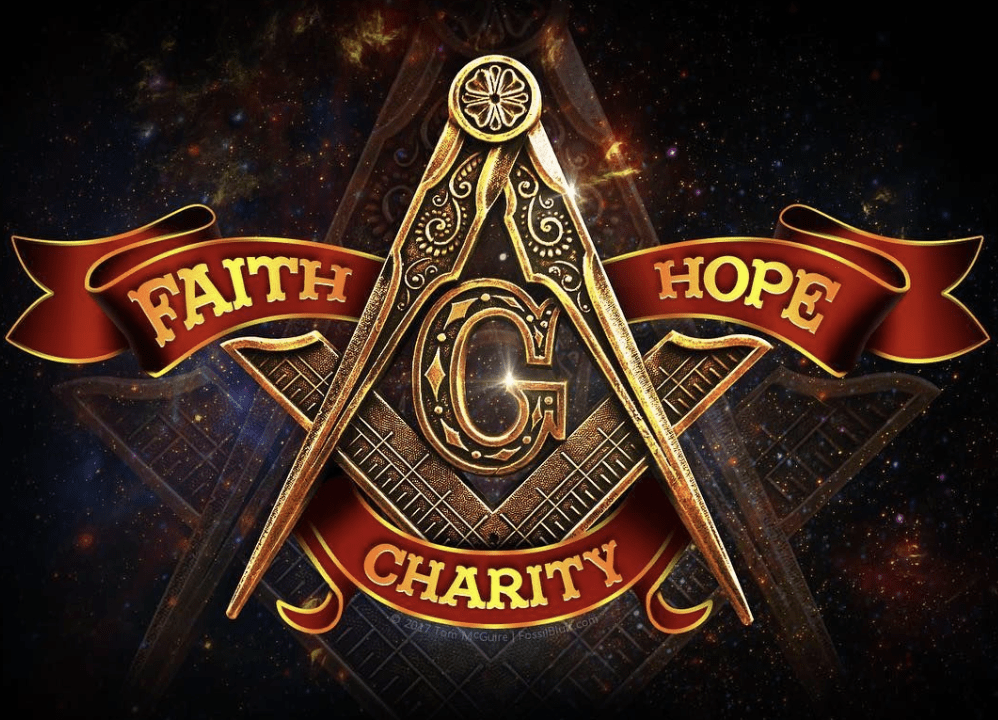Freemasonry's Enduring Influence on Modern Society
Role of Freemasonry in Present Society
Freemasonry, often shrouded in mystery and conspiracy theories, has played a unique and enduring role in shaping modern society. This ancient fraternal organization has evolved over centuries, adapting to changing times while maintaining its core values of brotherhood, morality, and self-improvement. We will explore the historical roots of Freemasonry, its core principles, and its ongoing influence on contemporary society.
Freemasonry, often shrouded in mystery and conspiracy theories, has played a unique and enduring role in shaping modern society. This ancient fraternal organization has evolved over centuries, adapting to changing times while maintaining its core values of brotherhood, morality, and self-improvement. We will explore the historical roots of Freemasonry, its core principles, and its ongoing influence on contemporary society.
Historical Foundations
Freemasonry traces its origins to the late 16th and early 17th centuries in Scotland and England. While the precise details of its beginnings remain a subject of debate, it is clear that Freemasonry was heavily influenced by the traditions of stonemasons' guilds. Initially, it served as a gathering place for builders and craftsmen to share their trade secrets, but over time, it transformed into a philosophical and philanthropic organization.
Core Principles
A. Brotherhood and Unity
At its core, Freemasonry is built upon the principles of brotherhood and unity. Members, often referred to as "Masons," emphasize the importance of forming strong bonds with fellow members and extending these principles to society at large. This sense of camaraderie transcends borders, religions, and backgrounds, promoting tolerance and understanding.

B. Moral and Ethical Development
Freemasonry places a strong emphasis on moral and ethical development. Its teachings are based on a system of allegorical rituals and symbols that encourage members to reflect on their actions and strive for personal improvement. The moral lessons imparted within the Masonic lodge aim to make individuals better citizens, husbands, fathers, and community leaders.
C. Charity and Philanthropy
Another cornerstone of Freemasonry is its commitment to charity and philanthropy. Masonic lodges across the world engage in various charitable endeavors, supporting hospitals, educational programs, and disaster relief efforts. This commitment to giving back to society aligns with the Masonic belief in making the world a better place.
Significance of Freemasonry in Modern Society
1. Personal Growth and Leadership
In the present day, Freemasonry continues to provide a platform for personal growth and

leadership development. Members are encouraged to take on leadership roles within the lodge, honing their organizational, communication, and interpersonal skills.These leadership qualities often extend into their professional and personal lives, contributing to a more capable and responsible citizenry. The focus on personal development and self-improvement within Freemasonry is in line with the modern emphasis on lifelong learning and self-awareness. Members are encouraged to continually seek knowledge and strive for moral excellence.
2. Dialogue and Understanding
Freemasonry's commitment to religious tolerance and diversity contributes to interfaith dialogue and understanding. In a world marked by religious and cultural diversity, the principles of Freemasonry promote harmony and respect among different faiths and belief systems.
Masonry’s diverse membership includes individuals from various professions, backgrounds, and walks of life. This diversity provides a valuable forum for exchanging ideas, fostering connections, and promoting mutual support among members.
3. Community Building
Freemasonry continues to provide a sense of belonging and community for its members. In an era marked by social isolation and digital connectivity, the physical gatherings and support networks offered by Freemasonry can be a source of camaraderie and emotional well-being.
4. Philanthropy and Social Impact
Masonic lodges worldwide actively engage in community service and philanthropy. Whether through scholarships, youth programs, or assistance to the less fortunate, Freemasonry continues to make a positive impact on society. Its dedication to building a better world remains a driving force in its ongoing relevance. Freemasonry's charitable efforts have expanded to address contemporary issues, including poverty, education, and healthcare. Lodges often engage in local and global initiatives that aim to make a positive difference in the lives of those in need.
Freemasonry's enduring influence on modern society is a testament to its ability to adapt to changing times while upholding its core values. The organization continues to provide a unique space for personal growth, brotherhood, and philanthropy. Its commitment to moral and ethical development, as well as its role in building stronger, more connected communities, remains vital in a world where these values are often in short supply. While the secrecy and rituals of Freemasonry may persist, its positive impact on society is no secret at all. In an era characterized by uncertainty and rapid change, the enduring principles of Freemasonry serve as a guiding light, reminding us of the importance of personal growth, moral values, and the bonds of brotherhood.
The End
bro.k.u.09.10.23
